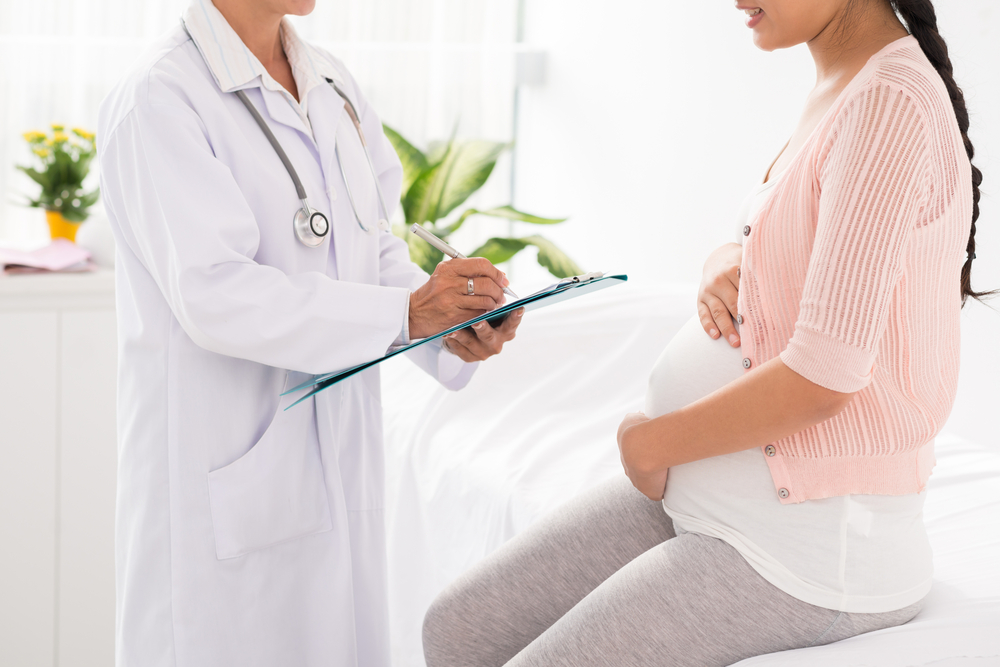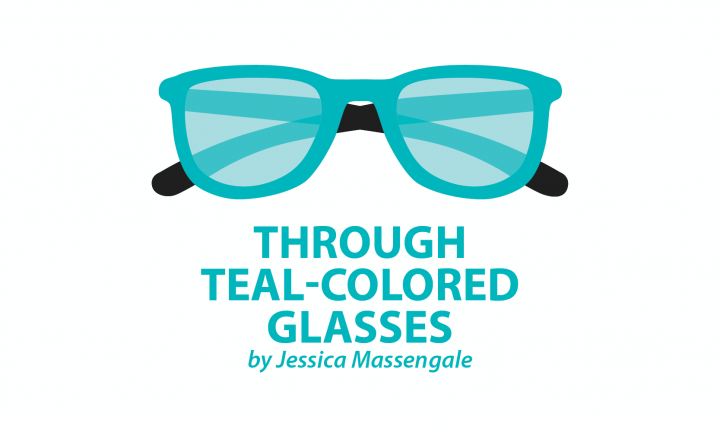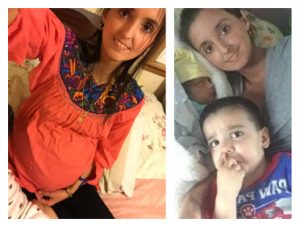Scleroderma, Pregnancies, and Finding Your Worth In Between
Written by |

Motherhood is a unique, sacred journey experienced by women from many different walks of life. Some women beat incredible odds to become pregnant. On the other hand, some have to accept the fact that they may never undergo this journey. Individuals with scleroderma are right in the middle of these choices.
Generally, it may not seem like a viable option, but some women with scleroderma can conceive. A few factors can prevent this from happening. The degree to which someone is ravaged by illness varies from one patient to another. High doses of chemotherapy, prescribed as a form of treatment, can cause early menopause or infertility. If a patient has little to no mobility, it could be hard for them to bend down or lift objects, as well as perform fine motor tasks. This makes it difficult to carry the weight of a child or take care of a newborn baby. Moderate systemic organ failure can be another way scleroderma roadblocks motherhood.
Women who have milder forms of scleroderma can become pregnant and deliver healthy babies. The mother’s outcome varies from one pregnancy to the next and is unpredictable. Depending on the severity of symptoms, they may be considered high risk. It is somewhat common to experience a decrease in symptoms while pregnant, mimicking a temporary form of remission.
Tita, 27, was diagnosed with diffuse scleroderma in 2013. She became pregnant with her first boy in 2015, and with her second in 2017. Although she was considered high-risk, her first pregnancy went smoothly and scleroderma seemed nonexistent. But her second one was extremely difficult. The GERD was almost unbearable and oxygen was required. She wanted to give her son a sibling before her disease progressed and while she’s still mobile enough to run after two boys.
On the other hand, sometimes it seems as though a pregnancy can bring on scleroderma, which is what happened to Hanna, 29. She experienced slight joint pain and Raynaud’s phenomenon before her pregnancy, but didn’t know that these were the signs of scleroderma brewing. During the pregnancy, all symptoms ceased, and after her son was born, the symptoms came back tenfold. As her disease progressed, her son Tristan, 8, has become an amazing form of support, helping with everything from household chores to grocery shopping.
Those of us with scleroderma who cannot have children have learned to accept the fact and move on from it. Different options exist in this day and age that include adoption, surrogacy, and even fostering. It’s part of the process of accepting things that are out of our control, even though sometimes it can hurt. We constantly have to swallow the big, bitter pill of truth, no chaser. Finding ways to fill this void, such as adopting animals or spending time with nieces and nephews, can provide endless love and value. One’s value does not decrease because of this. A woman is measured by her strength to empower others and accomplishing life how she sees fit.
“I absolutely consider my pets to be my children. I love them, I provide for them, and they bring me great joy. Love is real no matter if your children have toes or paws,” said Chanel, 27, who was diagnosed with systemic scleroderma in 2011.
Motherhood is a beautiful, challenging, rewarding experience. Society and natural instinct ingrain an image of a fulfilling life that’s only possible through childbearing. The truth lies in the fact that a life full of love and happiness is what you make of it. Our circumstances may eliminate certain options, but our outcome is controlled by a positive, realistic outlook.
***
Note: Scleroderma News is strictly a news and information website about the disease. It does not provide medical advice, diagnosis, or treatment. This content is not intended to be a substitute for professional medical advice, diagnosis, or treatment. Always seek the advice of your physician or other qualified health provider with any questions you may have regarding a medical condition. Never disregard professional medical advice or delay in seeking it because of something you have read on this website. The opinions expressed in this column are not those of Scleroderma News or its parent company, Bionews Services, and are intended to spark discussion about issues pertaining to scleroderma.










Leave a comment
Fill in the required fields to post. Your email address will not be published.